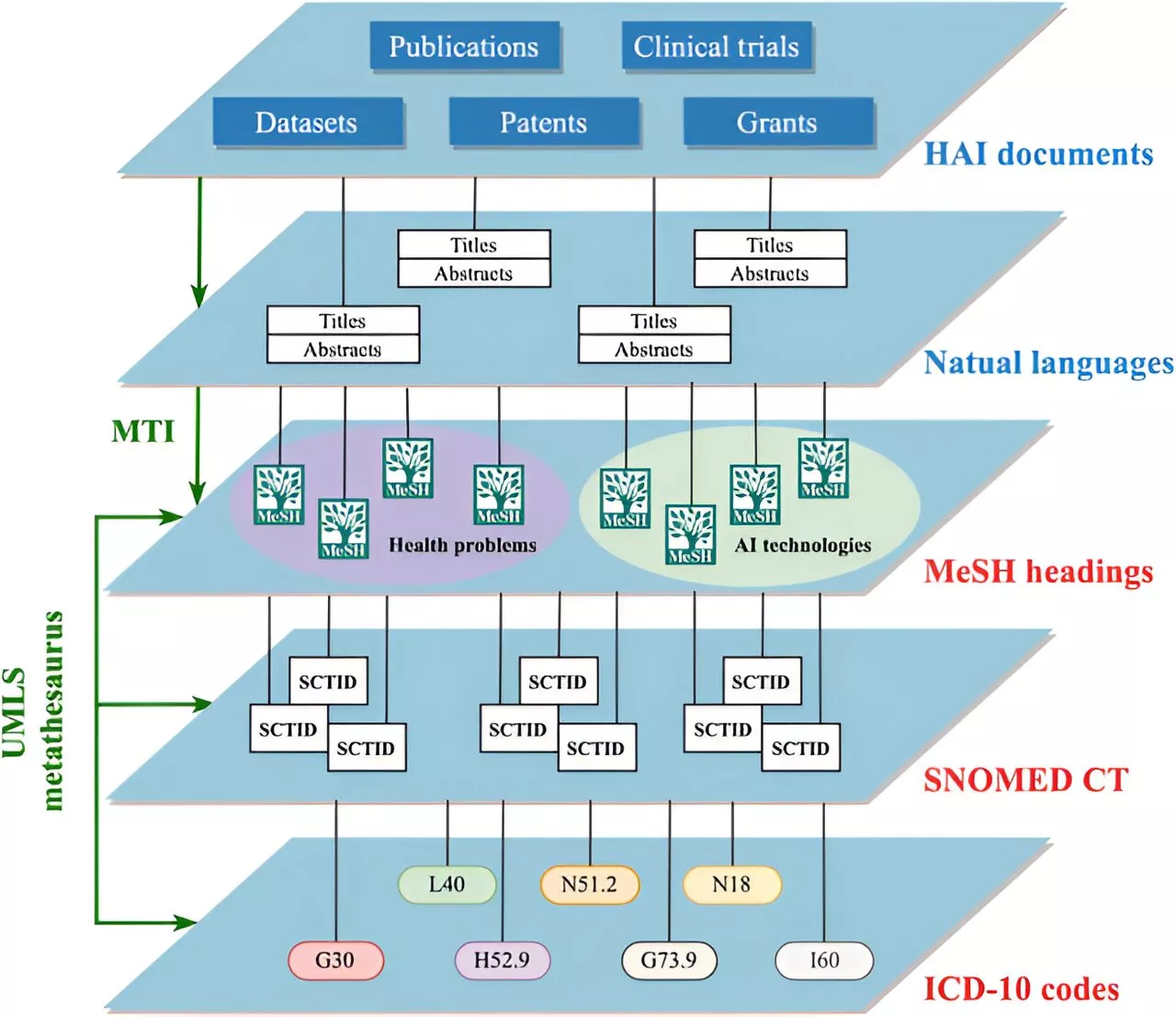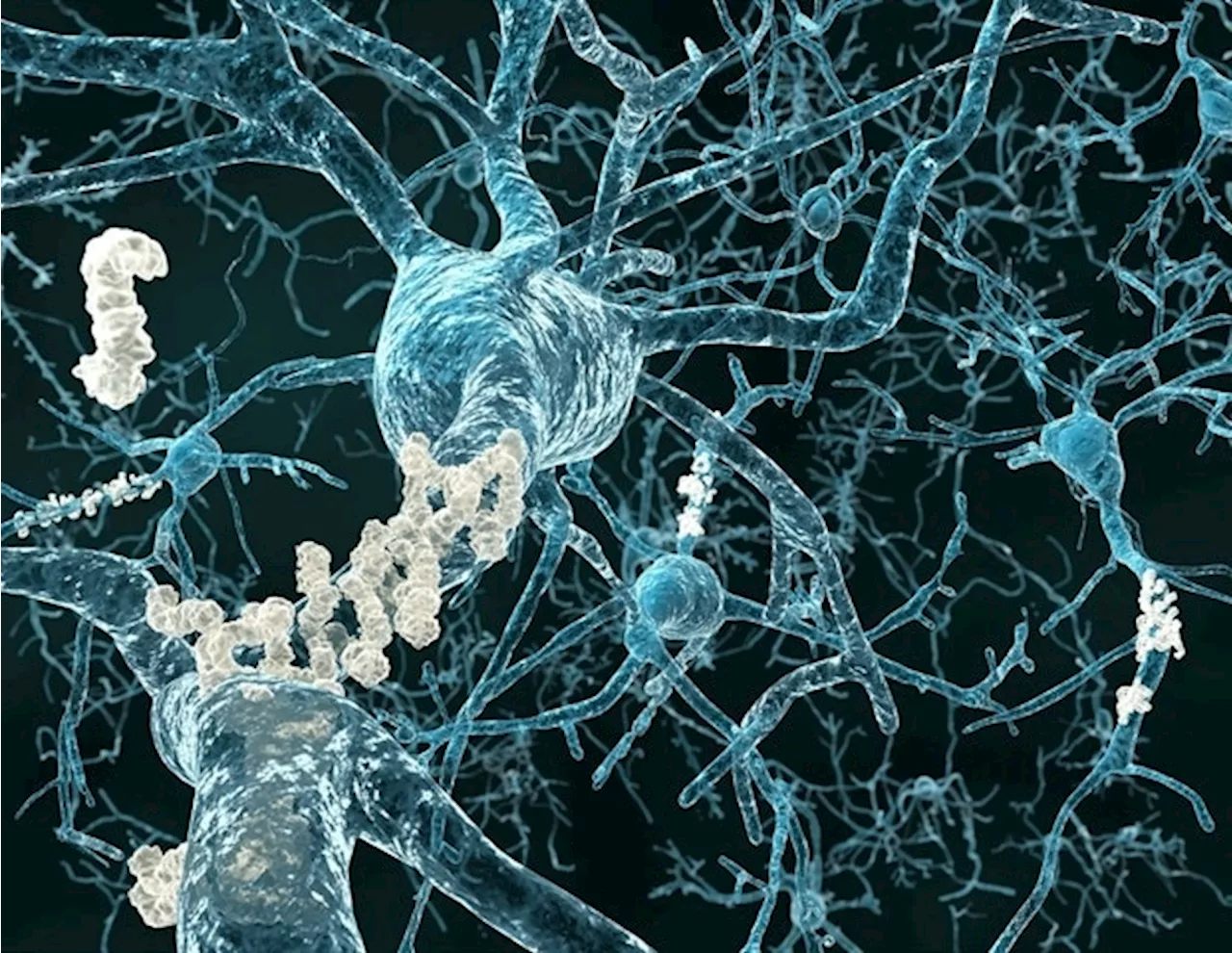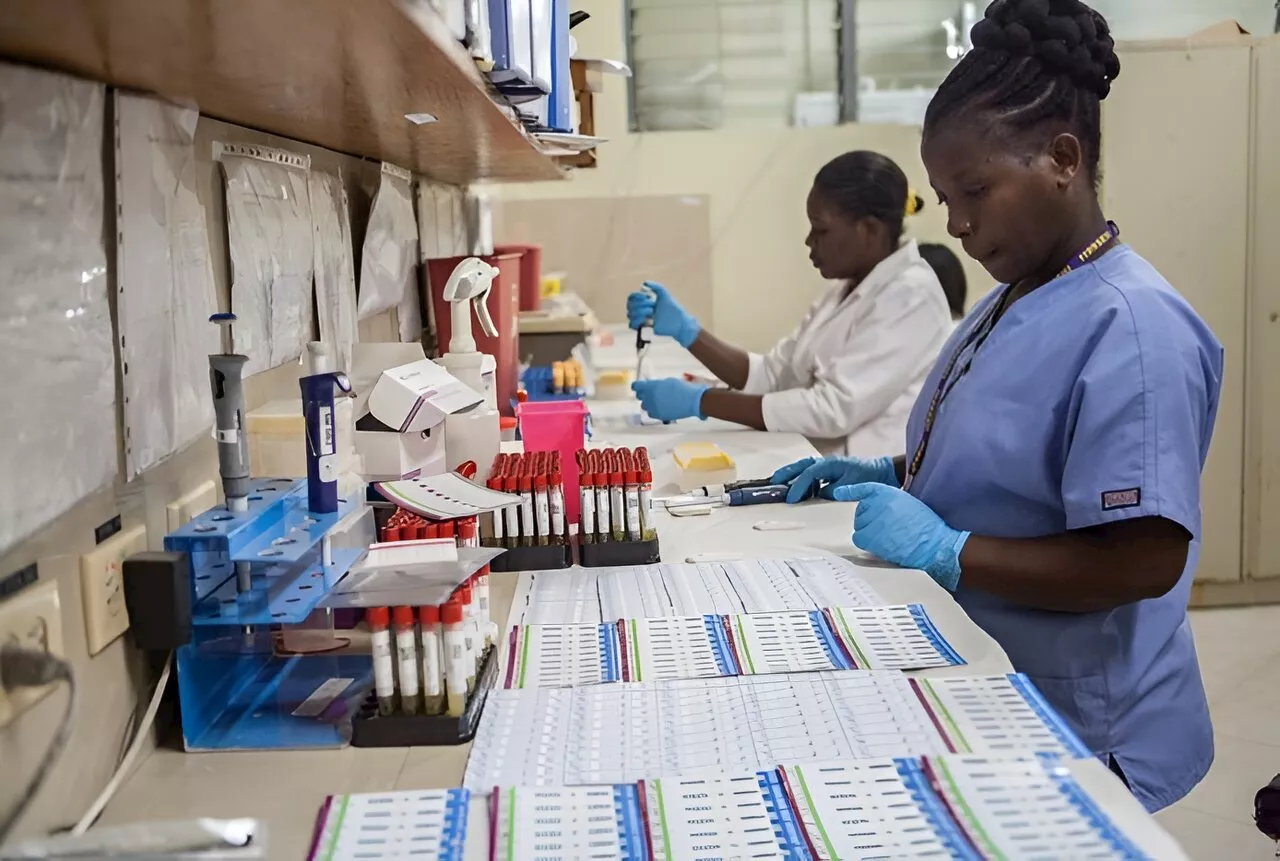Research led by Weill Cornell Medicine provides new evidence that most colorectal cancers begin with the loss of intestinal stem cells, even before cancer-causing genetic alterations appear.
May 29 2024Weill Cornell Medicine The results, published on May 29 in Developmental Cell , overturn the prevailing theory for colorectal tumor initiation and suggest new ways to diagnose the disease before it has a chance to become established.
"We wanted to determine how those two routes really start and how they progress, so we can better understand their heterogeneity as the cancer progresses," said co-senior author Dr. Maria Diaz-Meco, Homer T. Hirst Professor of Oncology in Pathology in the Department of Pathology and Laboratory Medicine at Weill Cornell Medicine and a member of the Meyer Cancer Center at Weill Cornell Medicine.
"We approached this project with the bottom-up and top-down theories, but we were surprised to find that both tumor types showed loss of intestinal stem cells after aPKC genes were inactivated," said Dr. Moscat, who is also a member of the Sandra and Edward Meyer Cancer Center at Weill Cornell Medicine.
Colorectal Colorectal Cancer Bottom-Up Cell Colon Genes Genetic Laboratory Medicine Oncology Pathology Protein Protein Expression Research Stem Cells Top-Down Tumor
United Kingdom Latest News, United Kingdom Headlines
Similar News:You can also read news stories similar to this one that we have collected from other news sources.
 Research provides curated bibliographic dataset of advances in health AI researchA study published in Health Data Science introduces a curated bibliographic dataset that aims to revolutionize the landscape of Health Artificial Intelligence (AI) research.
Research provides curated bibliographic dataset of advances in health AI researchA study published in Health Data Science introduces a curated bibliographic dataset that aims to revolutionize the landscape of Health Artificial Intelligence (AI) research.
Read more »
 Scientists call for equitable research partnerships to advance microbiome researchLeading African scientists have issued a compelling call for more equitable research partnerships in a new paper published in Nature Medicine. The paper underscores the critical need for fair and collaborative research efforts to explore the unique and diverse microbiomes found in African populations and environments.
Scientists call for equitable research partnerships to advance microbiome researchLeading African scientists have issued a compelling call for more equitable research partnerships in a new paper published in Nature Medicine. The paper underscores the critical need for fair and collaborative research efforts to explore the unique and diverse microbiomes found in African populations and environments.
Read more »
 Researchers identify the initial steps in colorectal cancer formationResearch led by Weill Cornell Medicine provides new evidence that most colorectal cancers begin with the loss of intestinal stem cells, even before cancer-causing genetic alterations appear.
Researchers identify the initial steps in colorectal cancer formationResearch led by Weill Cornell Medicine provides new evidence that most colorectal cancers begin with the loss of intestinal stem cells, even before cancer-causing genetic alterations appear.
Read more »
 Study identifies APOE4 homozygotes as high-risk group for Alzheimer's diseaseResearchers from the Research Area on Neurological Diseases, Neuroscience, and Mental Health at the Sant Pau Research Institute, led by Dr.
Study identifies APOE4 homozygotes as high-risk group for Alzheimer's diseaseResearchers from the Research Area on Neurological Diseases, Neuroscience, and Mental Health at the Sant Pau Research Institute, led by Dr.
Read more »
 Study reveals that almost all individuals with two copies of the APOE4 gene develop signs of Alzheimer'sResearchers from the Research Area on Neurological Diseases, Neuroscience, and Mental Health at the Sant Pau Research Institute, led by Dr.
Study reveals that almost all individuals with two copies of the APOE4 gene develop signs of Alzheimer'sResearchers from the Research Area on Neurological Diseases, Neuroscience, and Mental Health at the Sant Pau Research Institute, led by Dr.
Read more »
 Study in Haiti suggests early-onset heart failure is prevalent form of heart disease in low-income countriesEarly-onset heart failure is alarmingly common in urban Haiti—over 15-fold higher than previously estimated—according to a study conducted by Weill Cornell Medicine researchers in partnership with the Haitian medical organization GHESKIO. Heart failure occurs when the heart muscle can no longer pump an adequate amount of blood throughout the body.
Study in Haiti suggests early-onset heart failure is prevalent form of heart disease in low-income countriesEarly-onset heart failure is alarmingly common in urban Haiti—over 15-fold higher than previously estimated—according to a study conducted by Weill Cornell Medicine researchers in partnership with the Haitian medical organization GHESKIO. Heart failure occurs when the heart muscle can no longer pump an adequate amount of blood throughout the body.
Read more »
